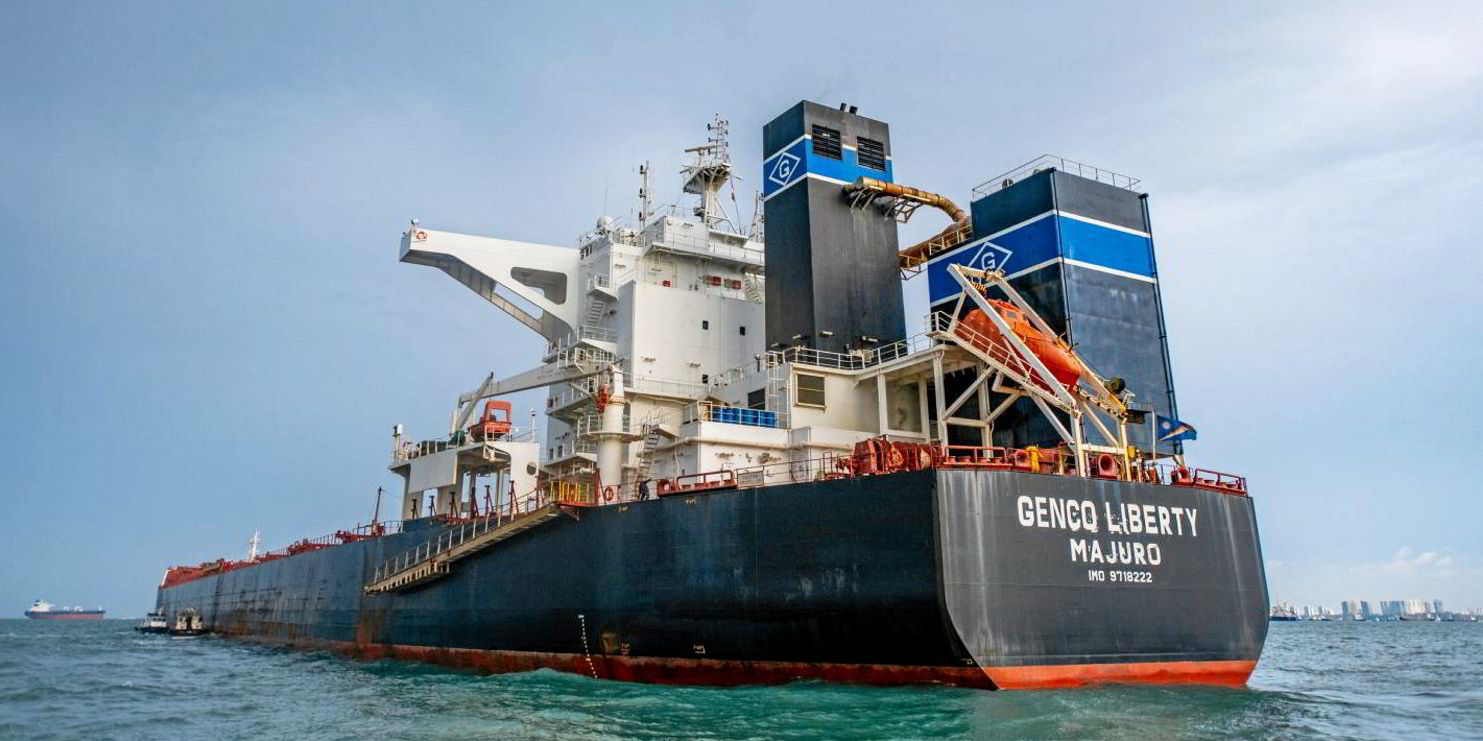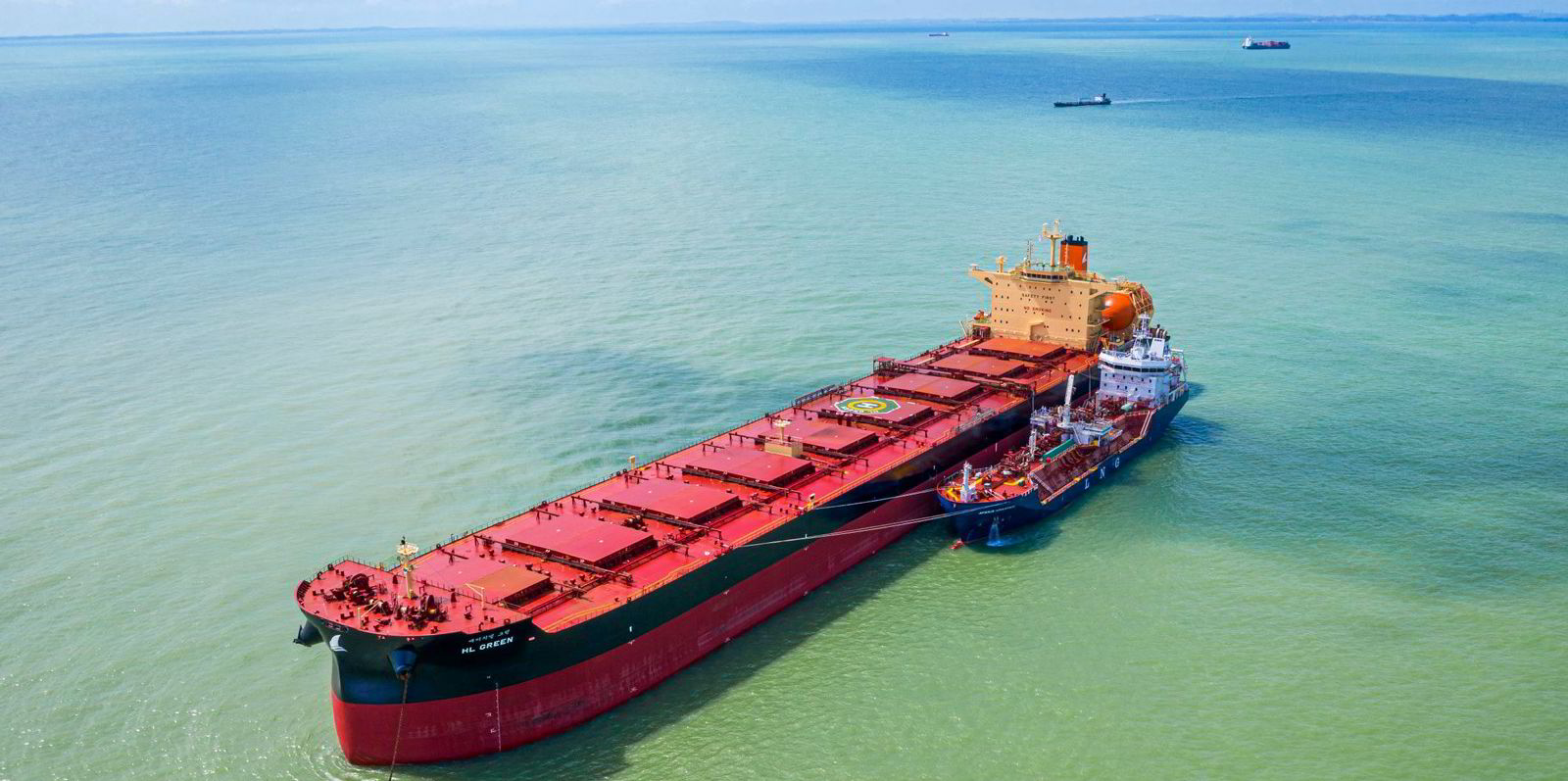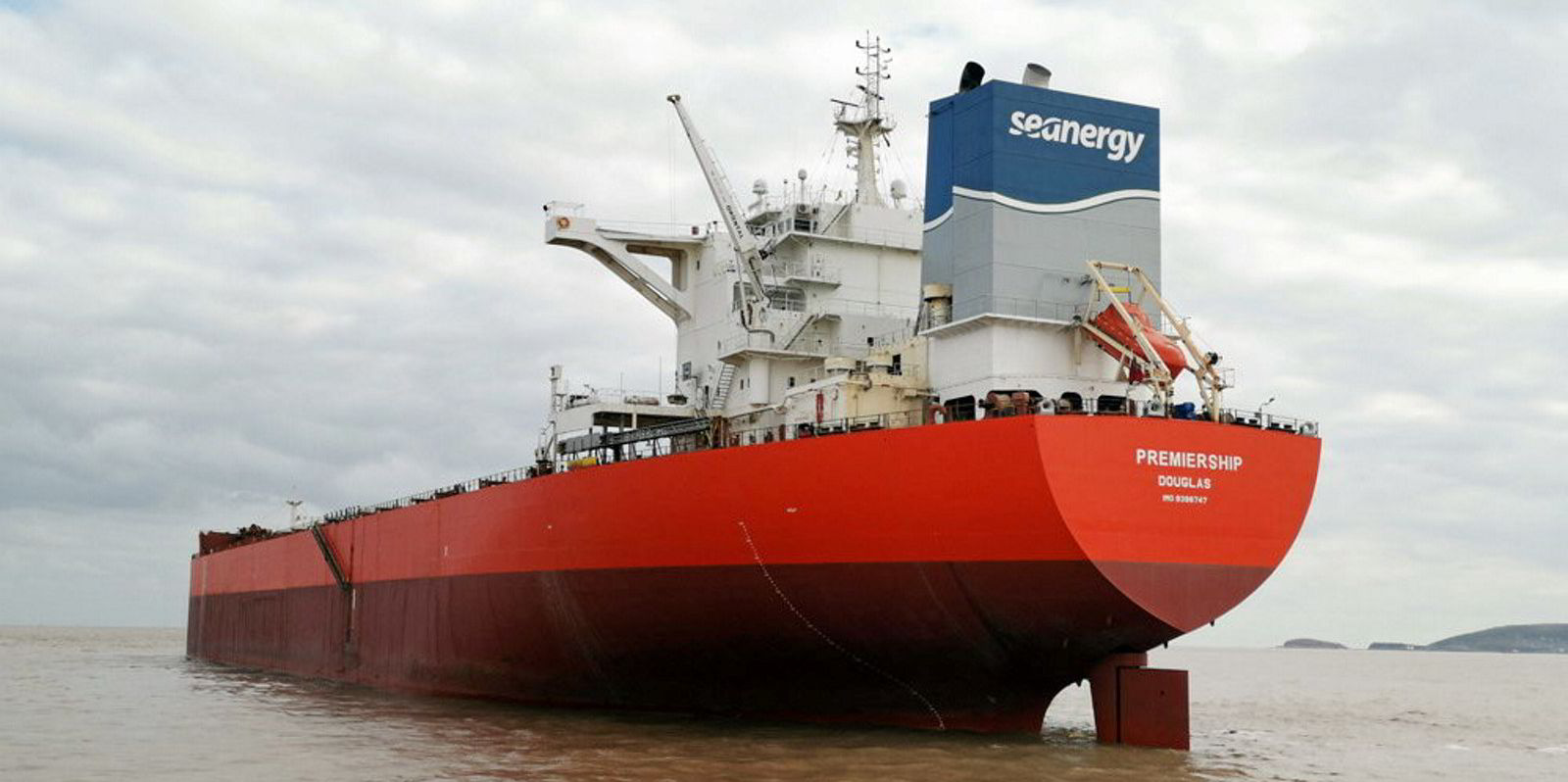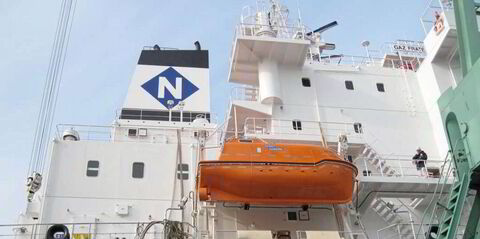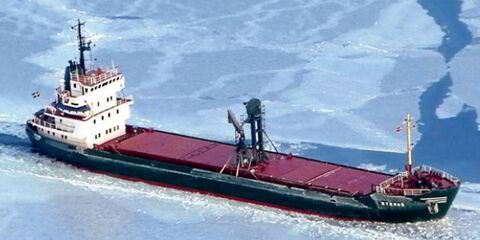Dry bulk rates and the shares of bulker owners have continued to slide amid concerns about China’s reduced steel production.
Iron ore futures traded below $100 per tonne on shrinking steel output in China and there are signs that economic growth is facing mounting headwinds.
Clarksons Platou Securities analysts Frode Morkedal and Omar Nokta said in a note on Tuesday that "it seems to be another tough week for rates", with capesize spot rates at $31,000 per day — down 14% since Friday.
"The paper market has seen even more of a correction since last week, as the capesize November contract fell 18% yesterday and is down another 9% today, currently at $25,250 per day," the analysts said.
"It seems to be the weak iron ore trade that keeps the pressure on rates, as Australian iron ore shipments declined 8% and Brazilian shipments 3.6% in October, while last week coal exports from Australia and Indonesia increased 22.9% and 21.4%, respectively."
However, they said that if iron ore exports from Brazil should pick up, a rebound in capesize rates could be seen as fewer vessels are currently deployed in the Atlantic.
Pradeep Rajan, head of Asia freight pricing at S&P Global Platts, said: "We are witnessing big corrections in the freight rates for spot chartering across the board.
"With China slowing down on purchases of coal and iron ore as well as other minor bulks such as nickel ore, dry bulk freight rates have started to move south."
Rajan said the market expects rates to "descend further and sentiment to stay soft for most of the fourth quarter of 2021".

While China has imposed curbs on production throughout 2021, restrictions are now being rolled out more frequently and limits have been extended into the first quarter in an effort to ensure blue skies for the Winter Olympics, reported Bloomberg.
Daily crude steel output in the final third of October dropped to the lowest since March 2020, according to researcher Mysteel.
There were frequent requests from local governments to curb production, while lacklustre steel demand and softening prices have dampened mills’ willingness to produce, it said.
"The probability that iron ore demand slides by at least 20% in the fourth quarter is increasing, judging from lower downstream demand," Orient Futures Co analyst Xu Huimin told Bloomberg.
"We have to monitor if mills will actually reduce production on their own, which will worsen the market a step further."
China’s housing sector — an important source of steel and metals demand — is under strain from rules aimed at curbing leverage as well as a slowdown in the market, Bloomberg said.
Credit assessors are downgrading the industry’s companies at the fastest pace on record, while at least four developers defaulted last month and others sought to delay near-term bond payments as contagion sparked by China Evergrande Group spreads, the newswire said.
China’s reduced demand for iron ore has also hurt the major dry bulk shipowners.
Shares in John Fredriksen-backed Golden Ocean are down nearly 25% in the past month and closed at $8.51 per share on Tuesday.
Fellow US-listed dry bulk owner Diana Shipping is down more than 20% over the same period to $4.71, while Star Bulk Carriers’ shares have fallen by almost 24% since the beginning of October.
